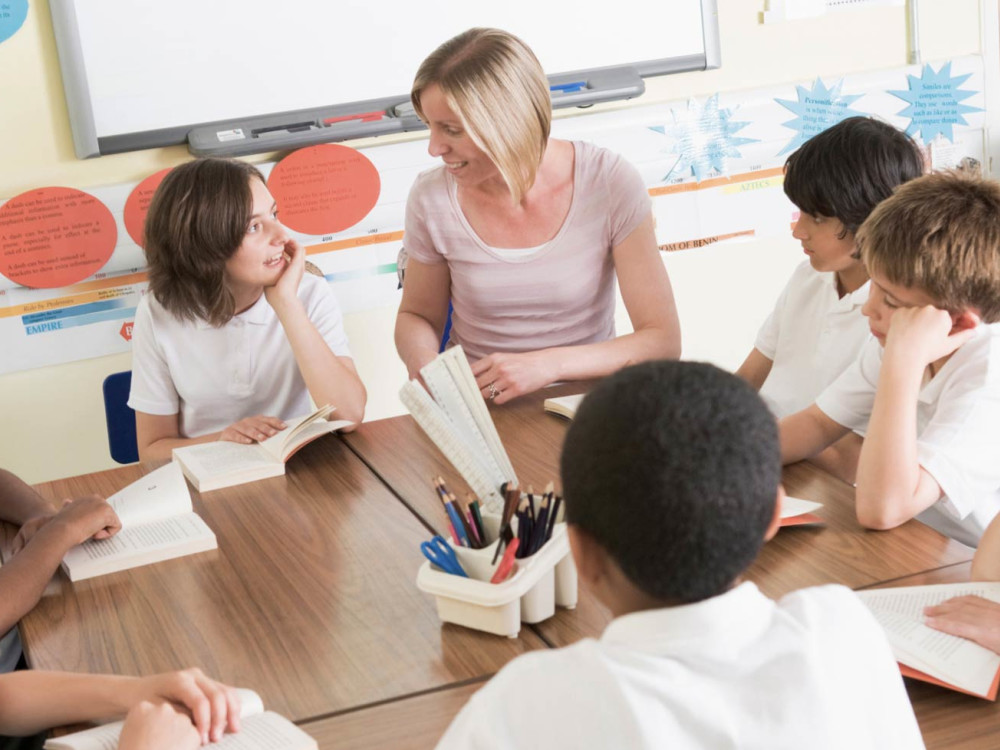The life of each and every human being needs to go through certain paths and sensations to fully assert it. Among the necessary steps, the Hands-on learning process stands out as one of the main ones. It can be noticed even in the first years of a person’s life. Therefore, today’s article shows the importance of the learning process in Early Childhood Education.
What should be highlighted?
It is important to note that the ‘consequence’ of the learning process is the establishment of skills that will be essential for the future stages of the child’s life. Throughout the development of the little one, it is noticed that it goes through different phases, they are: the sensor motor stage, the preoperative stage, the operative-concrete stage and the operative-formal stage. All of them follow a certain age group and mark important acquisitions, such as perception, cognitive aspect, logical thinking, and understanding with the experience of another person, etc.
The learning process in Early Childhood Education
The school environment is essential to enable these skills. Through strategies, the pedagogical body establishes techniques that aim to work on all aspects that are responsible for constituting the child’s learning. Since kindergarten, students are encouraged to practice that value each action. With this, the little ones acquire skills that gradually make the steps of their autonomy possible in the face of situations and challenges that arise in their lives.
Affective and social development
During childhood we started to create our ways of interacting with people who are part of our context. Since babies, we can already establish this ability, simply by raising our hands to people or smiling. When he is older, the child understands that he must share objects, give way to the little friend to play, hug his classmates when he arrives at school, etc.
Development of cognitive aspects
The cognitive skills learned in childhood are extremely important, as they enable the child’s condition in dealing with different situations. To further clarify the impact that these skills represent, it is worth bringing some examples: when a baby learns to explore the environment with touch or when the student is able to solve a problem in which he can use hands and eyes, etc.
Development of fine and wide motor coordination
During early childhood education the child begins to have contact with activities that will facilitate fine motor skills. What is it? Well, it is the act of training and using the small muscles of the hands and fingers, for example. Practices such as writing, holding an object, opening and closing hands with precision and at the right time are some of the results obtained. Broad motor coordination involves the larger muscles, which is also stimulated in activities in early childhood education through tasks that require larger movements: physical education classes, and sports activities, dance classes, etc.
Language development
This phase covers different stages of the child’s life, because from a very young age she starts babbling a sound, as if she wants to communicate. Throughout childhood, the little one acquires this skill due to living with his family and the environment around him. However, early childhood education plays an important role in guiding the correct use of language, respecting phonemes and intonations.

